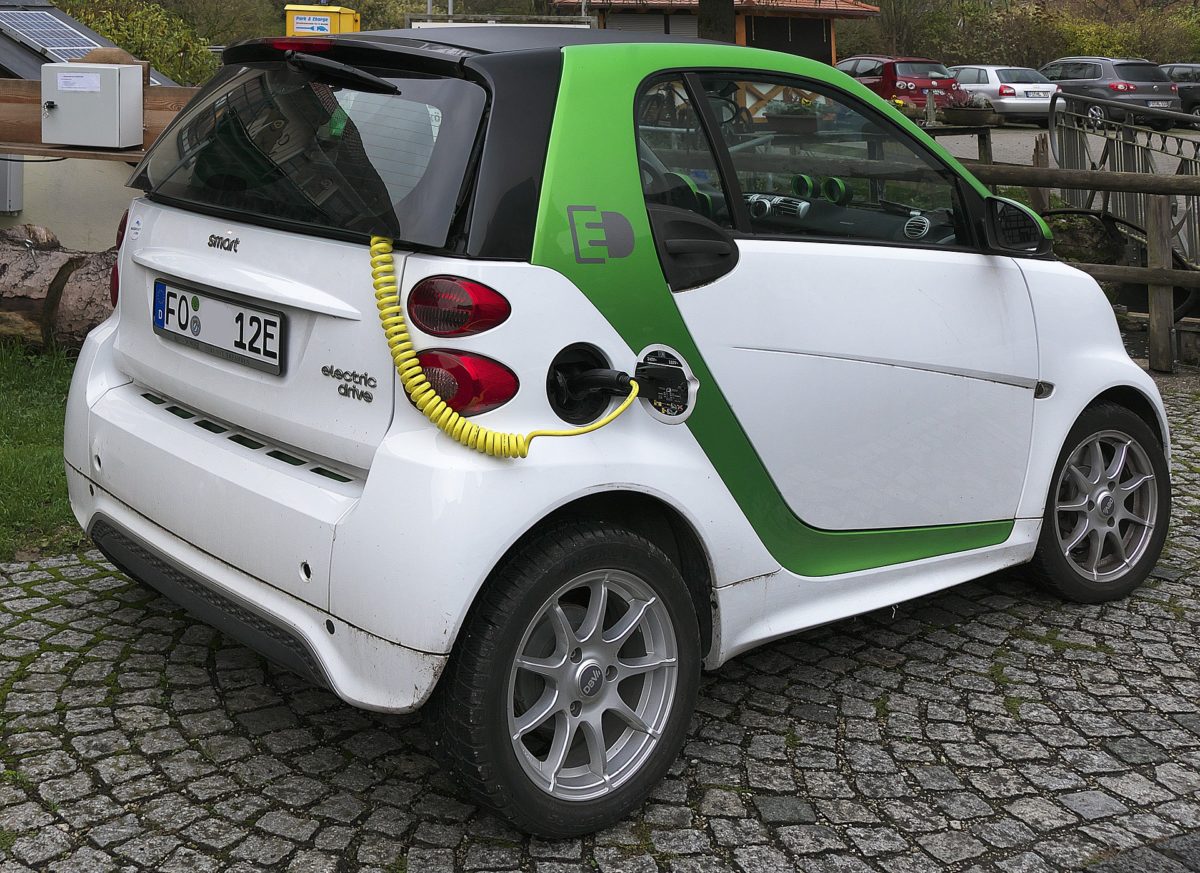Welcoming the federal government’s 10% GST cut for Li-ion batteries, Debi Prasad Dash, Director of the India Energy Storage Alliance said: “Both the electric vehicle and the renewable energy industry will benefit from this step. However the further reduction of GST to 5% – similar to [the rate for] solar components – or to 12%, similar to [that for] electric vehicles, is essential to boost energy storage adoption in India.
“Energy storage has almost 20 different applications in India, such as [renewables] integration, grid ancillary services, diesel minimization, micro grids for energy access and campuses, [and] electric vehicles and charging infrastructure.”
Dr. Rashi Gupta, Director at Li-ion battery maker Vision Mechatronics, also welcomed the development.
“Energy storage solutions, specifically lithium batteries, have seen a lot of demand recently,” said Dr. Gupta. “Lithium batteries require higher initial investment than other existing technologies, and the 28% GST had made these even costlier for the consumer segment.
“[With] batteries being a major component of EVs, the burden of this GST was always felt by the end users. Currently, EVs are priced much higher than [the] equivalent petrol/diesel vehicles, and the reduction in GST should have an impact on the pricing, broadening the buyer segment for EVs.
“Apart from EVs, lithium batteries for street lights will also see a lot of relief with the GST reduction. Off-grid and hybrid solar projects – either rooftops, ground-mounted or megawatt-scale – done under the RESCO [build, own, operate, transfer] model would also become more viable.
“Batteries as a service may become a more attractive model as the investment reduction cuts the payback period significantly. This would also help to promote research on different applications for lithium batteries as colleges and research institutes would find it to be a very welcome step.”
The market and government policies
According to the India Energy Storage Alliance, the energy storage market in India will grow to more than 300 GWh up to 2025.
The country is expected to attract investment for 3-5 gigafactories for advanced Li-ion batteries, attracting more than $3 billion of investment in the next three years.
Already, more than 1 GWh of annual assembly capacity is being set up by Indian and global companies for converting imported Li-ion cells into battery modules. Opportunities include manufacturing, assembly, energy storage project development, equipment supply and R&D for technology enhancement.
“Government schemes like The Faster Adoption and Manufacturing of (hybrid and) Electric vehicles India – under the National Electric Mobility Mission Plan; [the] draft energy storage roadmap; National Smart Grid Mission and draft national policy for micro grids; Staff Paper on Electricity Storage Services by the Central Electricity Regulatory Commission; and [the] BIS Energy Storage Standards, will further boost the Indian energy storage market,” added alliance director Mr Dash.
“States including Maharashtra, Karnataka, Andhra Pradesh, Telengana, Uttar Pradesh, Gujarat and Rajasthan have taken the first step towards EV and energy storage policy creation to boost the market. Currently, [the] Ministry of New and Renewable Energy is also creating [a] National Energy Storage Mission to catalyze manufacturing in India.”
This content is protected by copyright and may not be reused. If you want to cooperate with us and would like to reuse some of our content, please contact: editors@pv-magazine.com.









By submitting this form you agree to pv magazine using your data for the purposes of publishing your comment.
Your personal data will only be disclosed or otherwise transmitted to third parties for the purposes of spam filtering or if this is necessary for technical maintenance of the website. Any other transfer to third parties will not take place unless this is justified on the basis of applicable data protection regulations or if pv magazine is legally obliged to do so.
You may revoke this consent at any time with effect for the future, in which case your personal data will be deleted immediately. Otherwise, your data will be deleted if pv magazine has processed your request or the purpose of data storage is fulfilled.
Further information on data privacy can be found in our Data Protection Policy.